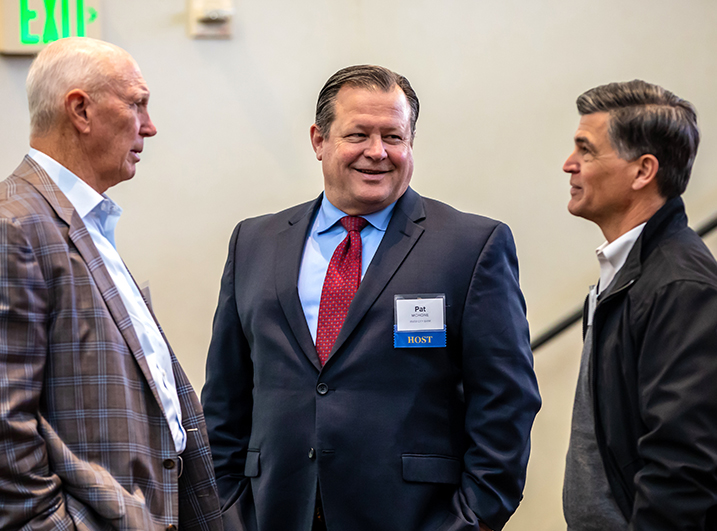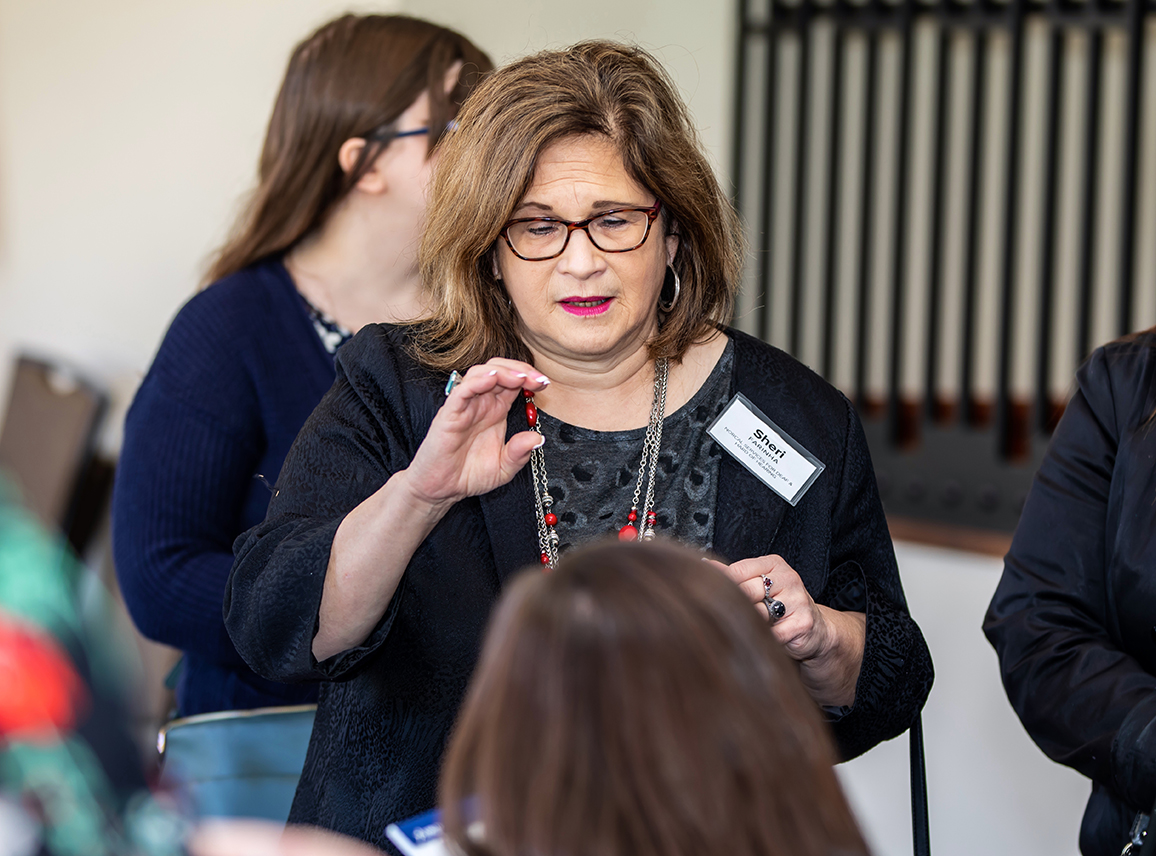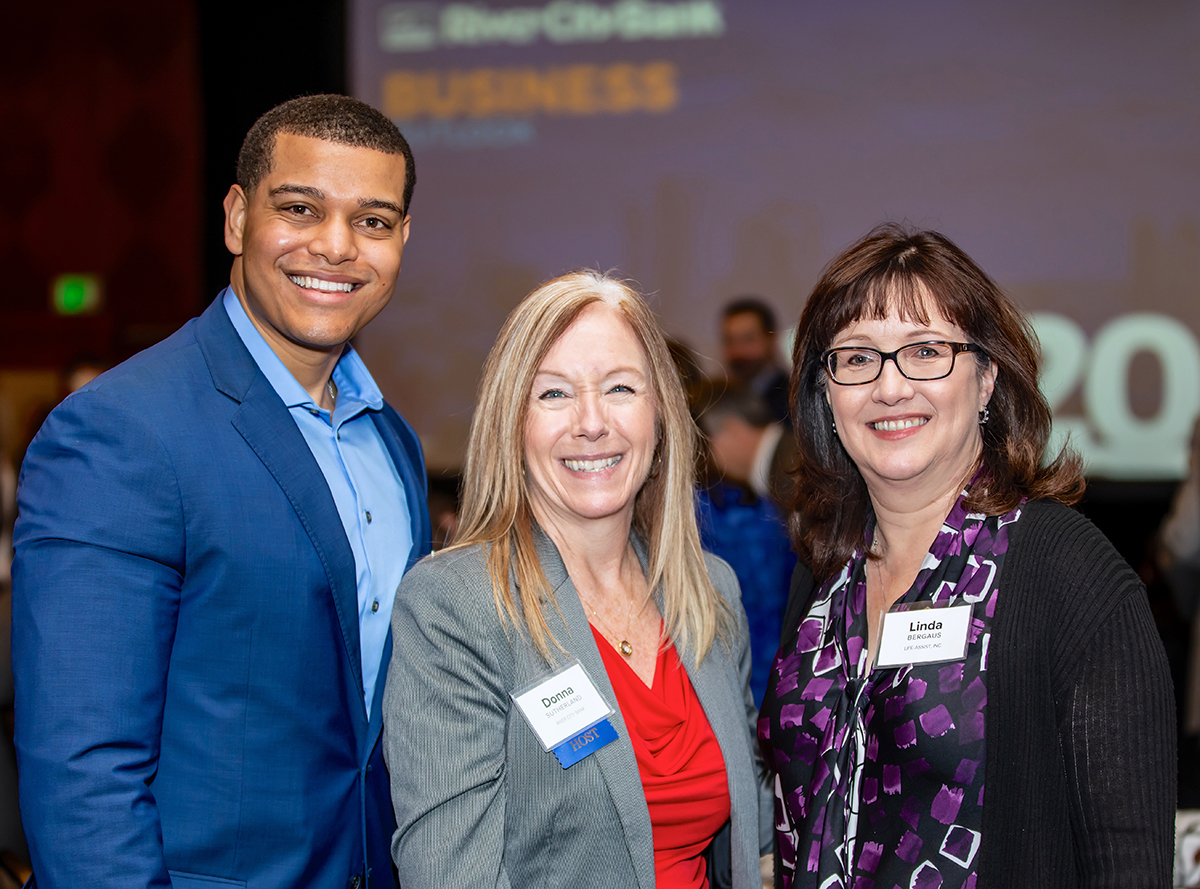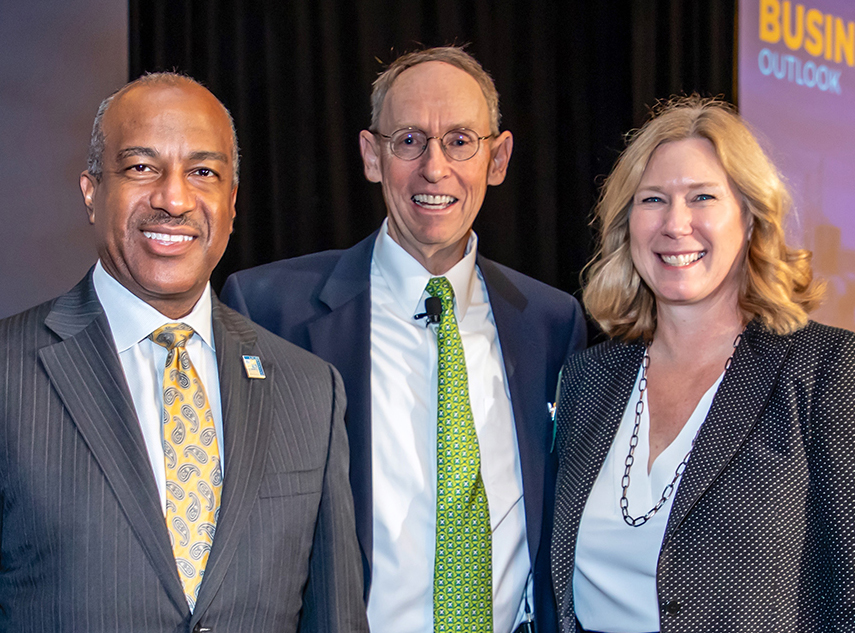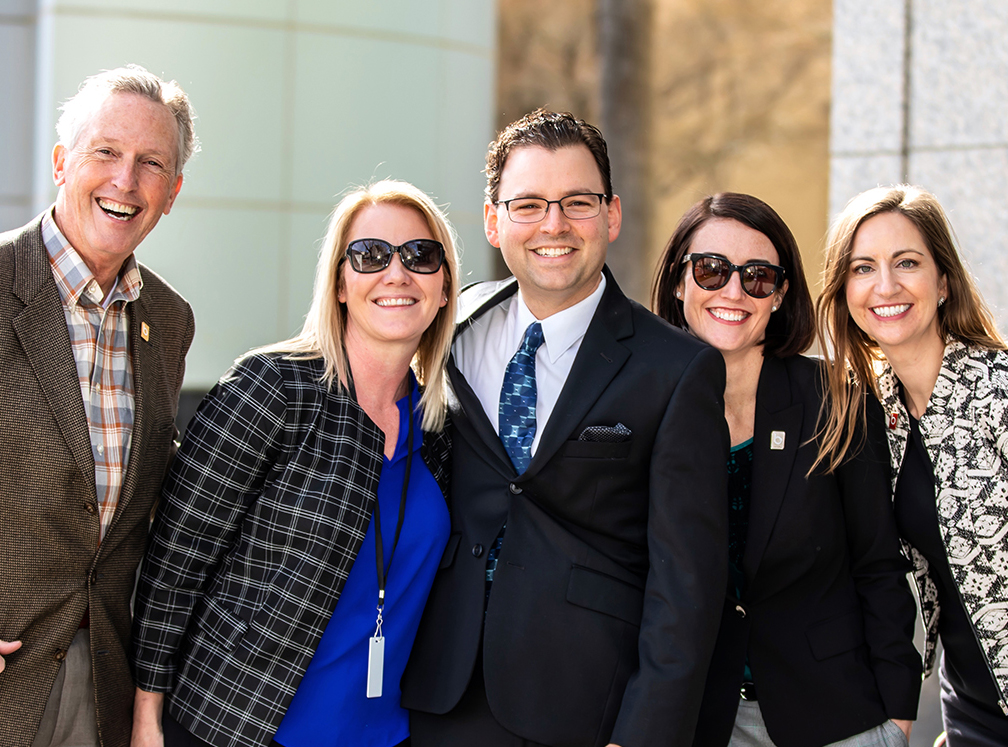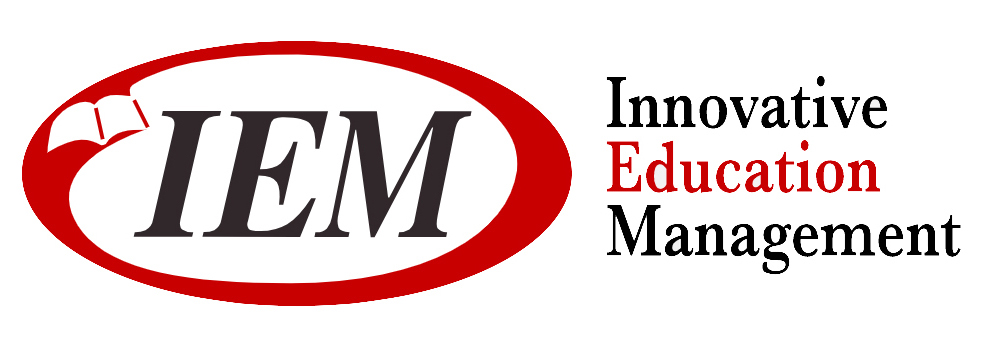Individual grant awards presented to five food banks including Sacramento Food Bank and Meals on Wheels of Alameda County
SACRAMENTO, CA – In response to the global coronavirus crisis, the Kelly Foundation awarded a total of five individual grants to Northern California food banks in Sacramento, Yolo, Alameda and Sonoma counties. The grant monies, representing $220,000 in total donations, will be used to secure and refrigerate food supplies, support community deliveries, and pay workers. Recipient organizations include Sacramento Food Bank & Family Services, Yolo Food Bank, Redwood Empire Food Bank, Alameda County Community Food Bank and Meals on Wheels of Alameda County, the latter of which serves food primarily to housebound elders who are among those at greatest risk from COVID-19.
“Access to food is a fundamental right, and the Kelly Foundation is pleased to support families throughout Northern California by awarding grants to five regional food banks serving some of the most at-risk populations,” said Shawn Kelly Devlin, President of the Kelly Foundation and Chairman of the Board of River City Bank. “As demand for these essential services continues to surge, it is imperative that we equip our food banks to meet needs and help our communities rise to the multitude of challenges presented by COVID-19 without sacrificing health and wellness.”
“COVID-19 has stressed our organization like never before, and we are sincerely grateful for this important funding from the Kelly Foundation,” said Melanie Flood, Director of Development and Communications for Sacramento Food Bank & Family Services. “Demand has skyrocketed, and we are seeing people in need who have never asked for assistance from a food program before. This funding will help us continue to purchase food, invest in supplies and equipment to keep pace with demand, and provide vital services while also planning for the next 60 to 90 days.”
“The Redwood Empire Food Bank normally serves 82,000 people per year, and we are projected to serve twice that number because of the COVID-19 crisis,” said David Goodman, CEO of Redwood Empire Food Bank. “This contribution will help us purchase and refrigerate food, pay our dedicated staff and fuel our trucks to make deliveries across Sonoma County. Ultimately, it will keep food on the table for thousands of people who need it.”
“Human lives literally will be saved because we received critical funding to ensure food access to vulnerable people,” said Joy Cohan, Director of Philanthropic Engagement at Yolo Food Bank. “The Kelly Foundation’s generosity will provide more than 10 days of nourishment for the more than 35,000 people experiencing hunger in Yolo County.”
In evaluating the needs of communities throughout its organizational and geographic footprint, the Kelly Foundation prioritized providers and allocated funds according to the total number of people and families served, as well as the urgency of the need. Sacramento Food Bank and Yolo Food Bank each received a grant in the amount of $75,000; Redwood Empire Food Bank received a $25,000 grant, Alameda Food Bank received $12,500 and Meals on Wheels of Alameda County was awarded a grant of $32,500.
The Kelly Foundation supports health and human services, education, culture, environment and civic improvement through its funding. Each year, the Foundation provides approximately $500,000 in grants to organizations that support the Sacramento and North Bay Area regions. Since merging with the RCB Foundation in 2009, the Kelly Foundation, of which River City Bank remains a major contributor, focuses on giving back to the greater Sacramento region through charitable donations.
For more information about the Kelly Foundation, please visit KellyFoundationSacramento.org.
About the Kelly Foundation
The Kelly Broadcasting Company’s KCRA-TV (Sacramento-Stockton-Modest, CA) went on the air on Sept. 5, 1955, and the owners of the Kelly Broadcasting Company established the Kelly Foundation in December 1988 as a formal vehicle for structuring charitable contributions. The Kelly family sold KCRA-TV in 1999 and have continued the Kelly Foundation ever since. In 2009, the River City Bank Foundation merged with the Kelly Foundation, and some executives of the Bank currently serve on the Foundation’s Board. Jon S. Kelly founded River City Bank and continues to support the Bank. His daughter, Shawn Kelly Devlin, currently serves as President and Chairman of the Board. The Kelly Foundation is an expression of the importance the Kelly family places on being a good neighbor and citizen in regions where they do business. For more information on the Kelly Foundation, please visit KellyFoundationSacramento.org or call (916) 978-4892.


